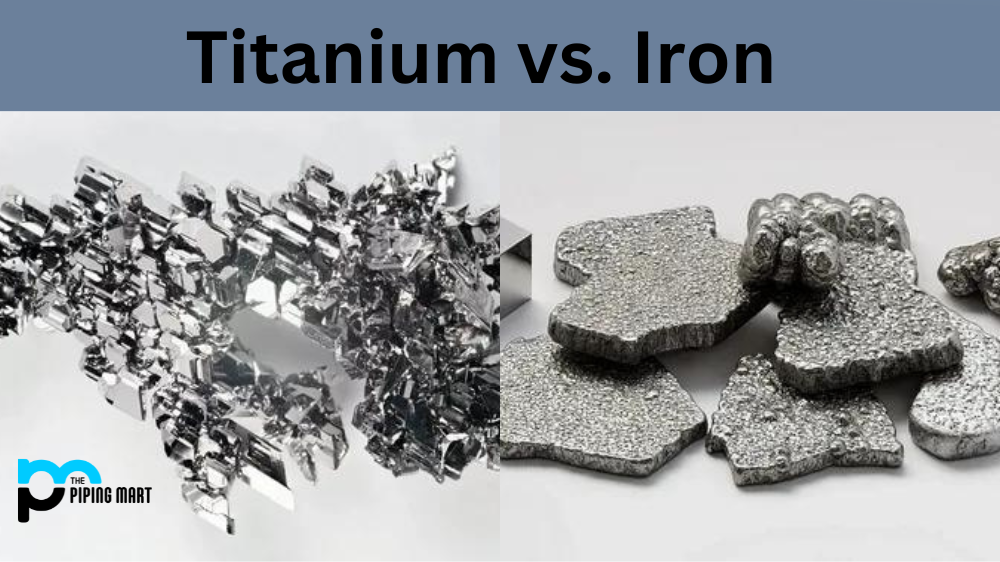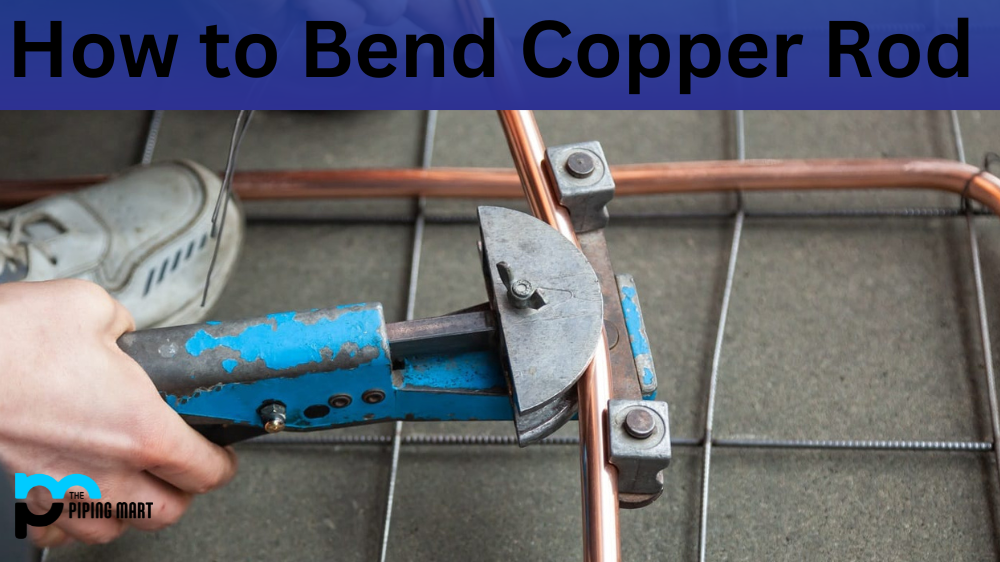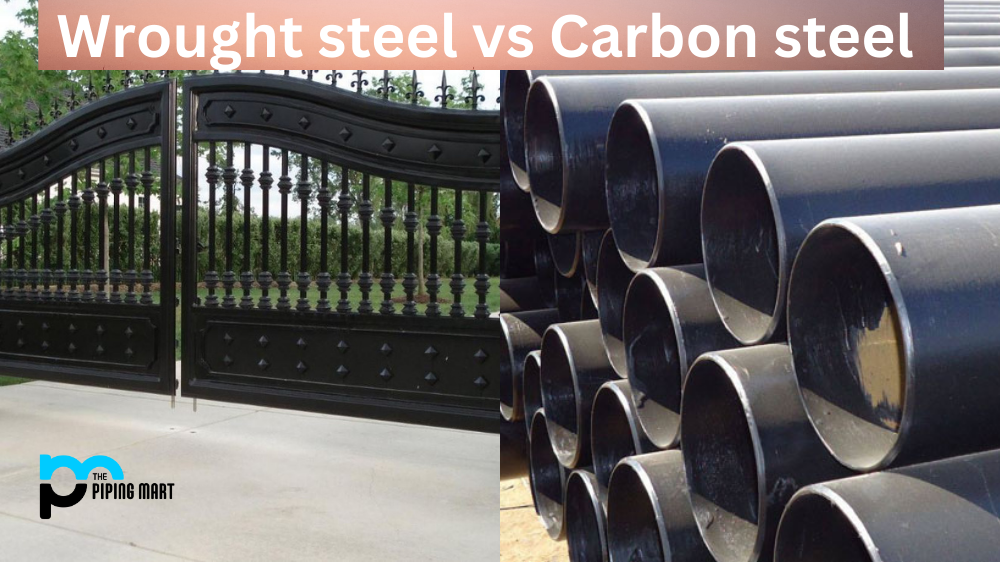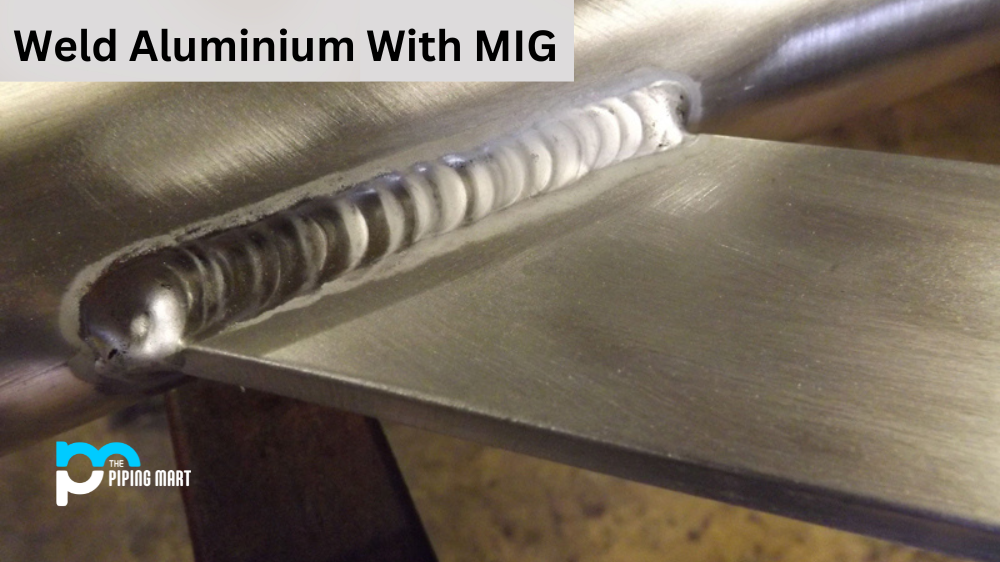When it comes to strength, durability, and affordability, titanium and iron are two of the most popular metals used in manufacturing today. But which one is better for your business needs? Let’s break down the pros and cons of titanium vs. iron so that you can make an informed decision.
Titanium Advantages
Titanium is known for its light weight and strength. It has a high tensile strength-to-weight ratio, making it ideal for applications that require lightweight materials. Titanium is also resistant to corrosion due to its protective oxide coating, making it perfect for use in marine or other corrosive environments.
Titanium Disadvantages
The biggest downside to titanium is its price tag. It is much more expensive than iron and other metals, so it may not be feasible for smaller businesses with limited budgets. Additionally, titanium is difficult to work with because it requires specialized tools and techniques to shape it into the desired form. This adds additional costs in terms of labor as well as equipment costs.
Iron Advantages
Iron is less expensive than titanium, making it a good option for businesses with limited budgets. It also has a higher tensile strength than aluminum or steel, making it ideal for heavy-duty applications such as construction projects or industrial machinery components. Iron is also readily available in many grades, so you can choose one that best suits your needs.
Iron Disadvantages
The main downside to iron is its susceptibility to rusting when exposed to moisture or certain chemicals. This can cause parts made from iron to corrode over time if they are not properly treated or maintained. Iron tends to be much heavier than other metals like aluminum or titanium, making transportation more difficult or expensive depending on the application.
- Titanium is much stronger than iron but is also much lighter. This makes it ideal for use in various applications, including aircraft and spacecraft.
- Titanium is also much more corrosion-resistant than iron. This means that it will not rust or corrode as easily as iron, making it ideal for use in products exposed to the elements.
- Titanium is also non-toxic, making it safe for use in various products, including medical implants.
- Titanium can be difficult to work with, as it is difficult to weld and machine. This can make it more expensive than iron for some applications.
- Titanium has a very high melting point, making it ideal for high-temperature applications.
Conclusion:
Creating a product from either titanium or iron will depend on what your specific needs are and what kind of budget you have available. While both metals offer their unique benefits, there are tradeoffs associated with each one that needs to be taken into consideration before deciding which material will best suit your needs. By weighing out all the pros and cons of titanium vs. iron, you can make sure that you choose the right metal for your business application!

A passionate metal industry expert and blogger. With over 5 years of experience in the field, Palak brings a wealth of knowledge and insight to her writing. Whether discussing the latest trends in the metal industry or sharing tips, she is dedicated to helping others succeed in the metal industry.




